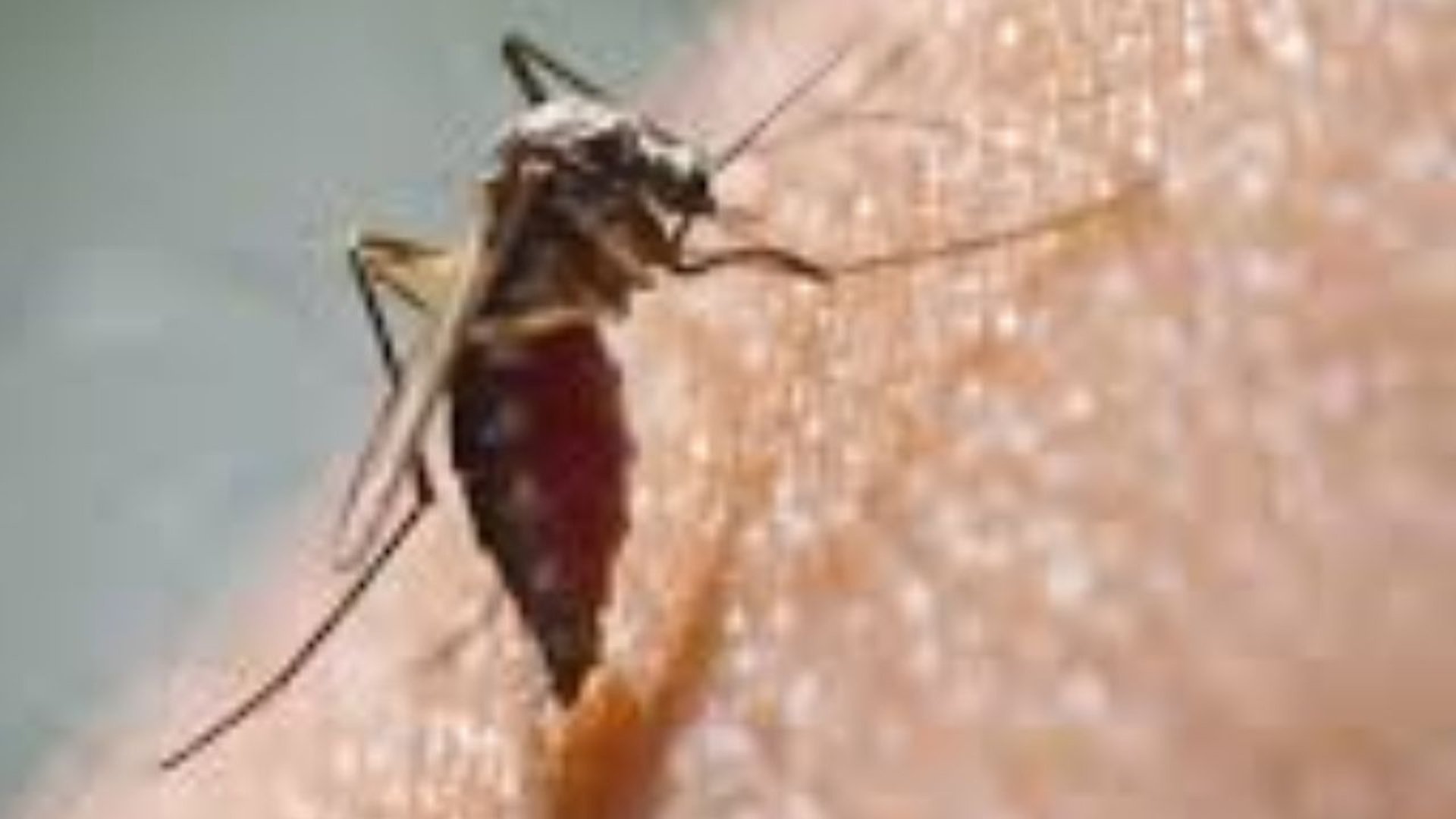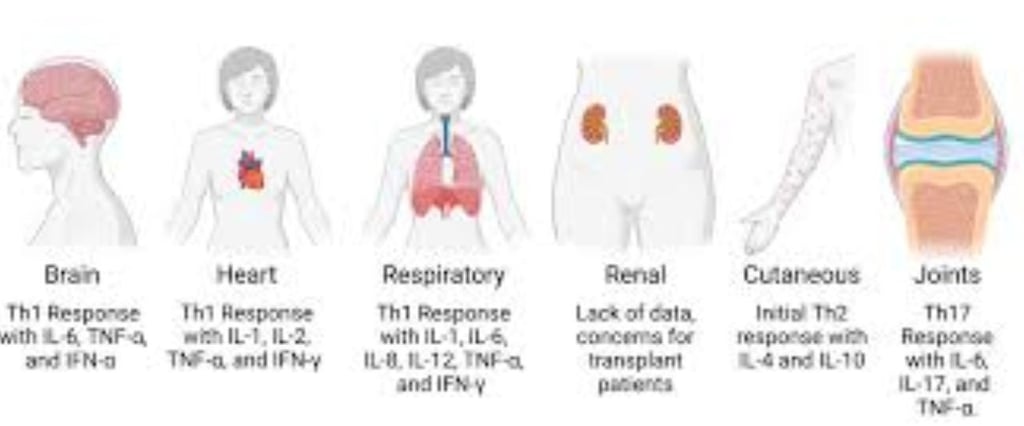
Health is a crown on the heads of the healthy that only the sick can see.

🔹 The Power of Fasting in Chikungunya Recovery 🦠⏳💪
Expert guidance for balancing health and fasting.Chikungunya is a viral disease transmitted by mosquitoes, causing fever, joint pain, and other symptoms🦠⏳💪
GENERAL FASTINGCARTILAGEMUSCULOSKELETAL
Dr Hassan Al warraqi
8/4/2025


🔹 The Power of Fasting in Chikungunya Recovery 🦠⏳💪
🔹Explore FAQs on chikungunya and voluntary fasting by Dr. Hassan Alwarraqi
Understand the effects of fasting on chikungunya recovery, safe practices, and precautions for symptom management.
Expert guidance for balancing health and fasting.Chikungunya is a viral disease transmitted by mosquitoes, causing fever, joint pain, and other symptoms🦠⏳💪
Voluntary fasting, such as intermittent fasting or religious fasting, involves abstaining from food and sometimes drink for specific periods.
There’s limited direct research connecting chikungunya and voluntary fasting, but I can outline relevant considerations based on available data.
Chikungunya Overview:
Symptoms: Fever, severe joint pain, muscle pain, headache, nausea, fatigue, and rash. Symptoms typically last 3-7 days, but joint pain can persist for weeks or months.
Management: No specific antiviral treatment exists. Care focuses on symptom relief (hydration, rest, pain relievers like acetaminophen).
Nutritional Needs: Adequate hydration and nutrition are critical, especially during fever, to support recovery and immune function.
Voluntary Fasting:
Types include intermittent fasting (e.g., 16:8 method), prolonged fasting (24+ hours), or religious fasting (e.g., Ramadan, where no food or drink is consumed from dawn to dusk).
Effects on the body: Fasting can reduce inflammation and modulate immune responses in healthy individuals, but prolonged fasting may stress the body, especially during illness.
Potential Interactions:
Hydration: Chikungunya can cause dehydration due to fever and reduced appetite.
Fasting, especially without fluids (e.g., Ramadan-style), could exacerbate dehydration, worsening symptoms or delaying recovery.
Immune Response: Fasting may have anti-inflammatory effects, potentially easing joint pain in chikungunya. However, prolonged fasting could weaken the immune system, impairing the body’s ability to fight the virus.
Energy Levels: Chikungunya causes fatigue.
Fasting may further reduce energy, potentially prolonging recovery, especially if caloric intake is insufficient.
Medication Timing: Pain relievers or medications for symptom management may need to be taken with food, which could conflict with fasting schedules.
Recommendations:
Consult a Doctor: If you have chikungunya, consult a healthcare provider before fasting.
They can assess your condition and advise on safety.
Hydration Priority: If fasting includes abstaining from water, consider shorter fasting periods or breaking the fast if dehydration symptoms (e.g., dizziness, dark urine) appear.
Nutrient Timing: Break fasts with nutrient-rich foods (e.g., fruits, vegetables, lean proteins) to support recovery.
Avoid heavy, processed foods that could strain digestion.
Modified Fasting: Consider less restrictive fasting methods (e.g., time-restricted eating with adequate hydration) during recovery to balance health and fasting goals.
Research Gaps: No studies specifically address voluntary fasting’s impact on chikungunya recovery.
General research on fasting and viral infections suggests short-term fasting may enhance immune function in some cases, but prolonged fasting during acute illness could be detrimental.
If you have specific fasting practices or symptoms in mind, please share more details for tailored advice.
FAQs: Chikungunya and Voluntary Fasting
1. What is chikungunya, and how does it affect the body?
Chikungunya is a viral infection transmitted by Aedes mosquitoes.
It causes sudden fever, severe joint pain, muscle pain, headache, fatigue, nausea, and sometimes a rash.
Symptoms typically last 3-7 days, but joint pain may persist for weeks or months. It weakens the body, increasing the need for hydration and nutrition to support recovery.
2. What is voluntary fasting?
Voluntary fasting involves intentionally abstaining from food, and sometimes drink, for specific periods. Examples include intermittent fasting (e.g., 16:8 method), prolonged fasting (24+ hours), or religious fasting (e.g., Ramadan, where no food or drink is consumed from dawn to dusk).
3. Can I fast while recovering from chikungunya?
Fasting during chikungunya may be risky, especially during the acute phase (first 3-7 days).
Fever and nausea can cause dehydration and reduced appetite, and fasting could worsen these.
Consult a doctor before fasting. If approved, prioritize hydration and consider shorter fasting periods to avoid stressing the body.
4. How does fasting affect chikungunya symptoms?
Hydration: Fasting without fluids (e.g., dry fasting) can worsen dehydration caused by chikungunya’s fever, delaying recovery.
Joint Pain: Short-term fasting may reduce inflammation, potentially easing joint pain, but evidence is limited.
Energy: Chikungunya causes fatigue, and fasting may further reduce energy, slowing recovery.
Immune System: Short-term fasting might support immune function in healthy individuals, but prolonged fasting during illness could weaken it.
5. Is it safe to fast during the chronic joint pain phase of chikungunya?
If joint pain persists after the acute phase, fasting may be safer but still requires caution.
Ensure adequate hydration and nutrition during non-fasting periods to support joint health.
Consult a healthcare provider to tailor fasting to your condition.
6. How should I break my fast while recovering from chikungunya?
Break your fast with nutrient-rich, easy-to-digest foods like:
Fruits (e.g., bananas, oranges) for hydration and vitamins.
Vegetables (e.g., spinach, carrots) for anti-inflammatory nutrients.
Lean proteins (e.g., eggs, chicken) for muscle repair.
Whole grains (e.g., rice, quinoa) for sustained energy.
Avoid heavy, processed, or sugary foods, which may strain digestion or increase inflammation.
7. Can fasting interfere with medications for chikungunya symptoms?
Yes. Pain relievers like acetaminophen or ibuprofen, often used for chikungunya, may need to be taken with food to avoid stomach irritation.
Fasting could complicate medication timing. Discuss with your doctor to adjust fasting schedules or medication plans.
8. Are there specific fasting methods safe for chikungunya patients?
Less restrictive methods, like time-restricted eating (e.g., 12:12 or 14:10), may be safer than prolonged or dry fasting.
These allow hydration and nutrition within a shorter window.
Always prioritize water intake and consult a doctor.
9. What precautions should I take if fasting with chikungunya?
Monitor for dehydration (e.g., dark urine, dizziness).
Break the fast if symptoms worsen.
Avoid fasting during high fever or severe symptoms.
Ensure sufficient calorie and nutrient intake during eating periods.
Rest adequately, as both chikungunya and fasting reduce energy.
Seek medical advice before starting or continuing a fast.
10. Is there research on fasting and chikungunya?
No direct studies explore voluntary fasting’s impact on chikungunya.
General research suggests short-term fasting may reduce inflammation, but prolonged fasting during acute viral infections could impair recovery.
More research is needed.
Note: Always consult a healthcare professional before fasting while managing chikungunya.
If you have specific symptoms or fasting practices, share details with your doctor for personalized guidance.
Author Bio:
Dr. Hassan Alwarraqi is a distinguished physician and scientific writer specializing in therapeutic fasting and natural healing. As the founder of h-k-e-m.com, he integrates modern medical science with traditional wisdom to promote holistic health solutions. His research focuses on the therapeutic benefits of voluntary fasting for chronic conditions, including viral infections, and balanced nutrition to enhance immunity.
Dr. Alwarraqi is dedicated to public health education, delivering evidence-based, accessible content in Arabic and English to empower individuals toward optimal wellness.






